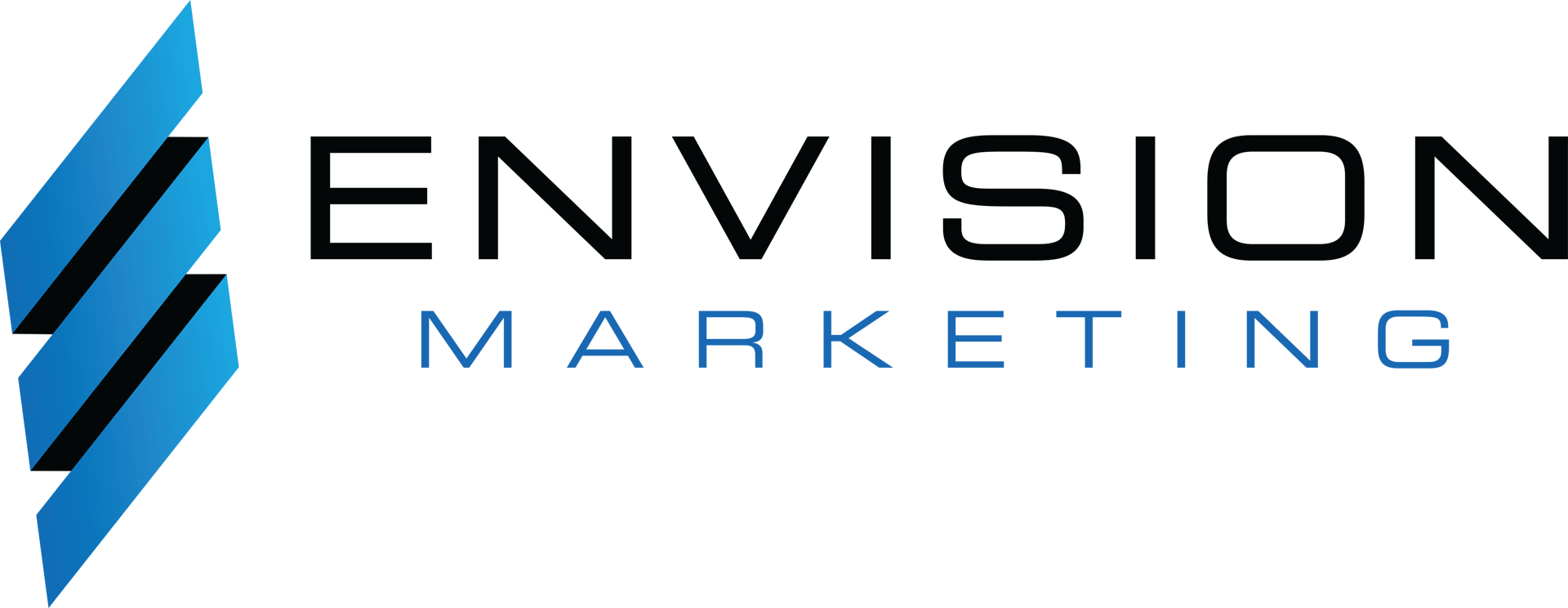For 99% of small businesses, there are really only 3 website builders you need to know about. And it’s actually pretty easy to decide which one’s right for you. This guide will break down the best options for different types of businesses, focusing on what each platform does best and who should use it.
Choosing the Right Website Builder for Your Small Business
Choosing the right website builder is crucial for small businesses. Your website is often the first point of contact between you and potential customers, so it needs to be functional, professional, and suited to your specific needs. This guide will help you navigate the options and choose the best website builder for your business.
Shopify: Best for E-commerce Businesses
If you’re an e-commerce business, if you primarily make money by selling products, then you want to go with Shopify. It’s the best option for businesses focused on online sales, and here’s why:
Easy Setup Process
Shopify makes it really easy to set up a website. If you have a budget, you’ll probably still want to hire a developer, but if you’re technically savvy, you can definitely do it on your own. There’s a lot of material out there on how to build a Shopify website, which can guide you through the process.
Key Features and Benefits
Shopify handles all the really tricky stuff that comes with running an online store:
- Easy Store Setup
- User-friendly interface for adding products and customizing your store
- Mobile-responsive themes for professional-looking design
- Payment Processing
- Built-in payment system (Shopify Payments)
- Integration with popular payment gateways
- Automatic tax calculations
- Shipping Management
- Real-time shipping rates and label printing
- Integrations with major shipping carriers
- Inventory Tracking
- Automatic inventory updates across channels
- Low stock alerts
- Marketing and SEO Tools
- Basic SEO features for product listings
- Integration with Google Merchant Center for product ads
- Social media selling on platforms like Facebook and Instagram
All of these features are very easily handled by Shopify automatically. This means you don’t have to deal with any of that really annoying e-commerce stuff that can be time-consuming and complex.
DIY vs. Hiring a Developer
While Shopify is designed to be user-friendly, your decision to DIY or hire a developer should be based on a few factors:
- Your technical skills and comfort level with website building
- The complexity of your desired store design
- Your budget
- The time you can dedicate to building and maintaining your site
If you’re comfortable with technology and have the time, you can certainly build your Shopify store yourself. However, if you want a more custom design or don’t have the time to learn the platform, hiring a developer might be the better option.
Wix: Best for DIY Service-Based Businesses
If you’re not an e-commerce business, if you offer services or you’re a SaaS company, then Wix is an excellent option, especially if you want to build your website yourself.
User-Friendly Interface
Wix is definitely the best option for DIY website building. They make it super easy to set up a really nice templated website, and you really don’t need any technical knowledge.
AI-Assisted Design
One of Wix’s standout features is its AI capabilities. The AI will build your layout for you and give you some starter content. From there, you can just start making edits to customize your site.
Key Features
Wix handles a lot of the difficult technical stuff that often trips up small business owners:
- All-in-One Platform
- Domain registration and web hosting included
- Secure and reliable hosting infrastructure
- User-Friendly Design Tools
- Drag-and-drop editor for easy customization
- Wide range of professionally designed templates
- Mobile-responsive designs
- Business Tools
- Appointment scheduling system
- Customer management features
- Email marketing tools
- E-Commerce Capabilities
- Online store features for selling products or services
- Secure payment processing
- SEO and Marketing
- Built-in SEO tools for improving visibility
- Integration with Google Analytics and Search Console
- Social media integration
These integrations make it easier for you to get your site up and running, and to start tracking and improving your performance right away.
Template-Based Design Advantages
As long as you don’t mind using a template, there’s no better website builder for do-it-yourself websites than Wix. The template approach has several advantages:
- Professional design without the need for design skills
- Responsive layouts that work well on all devices
- Faster setup time
- Consistent look and feel across your site
While templates might not offer the same level of customization as a fully custom site, they provide a great balance of professionalism and ease of use for most small businesses.
WordPress: Best for Custom Websites with Professional Help
If you have at least $4,000 to spend and you can pay someone else to build your website, we recommend WordPress. It’s by far the most popular website builder and offers the most flexibility without the costs of custom development.
Flexibility and Customization
WordPress gives you a lot more flexibility than you’re going to find on Shopify or Wix or any of these templated website builders. While you can use templates within WordPress, you can also build completely custom websites. Pretty much any feature you’d find on a website can be built inside of WordPress.
Extensive Plugin Ecosystem
One of WordPress’s biggest strengths is its vast plugin ecosystem. These plugins allow you to add various functionalities to your site without needing to code them from scratch. This includes everything from contact forms and SEO tools to e-commerce capabilities and membership systems.
WooCommerce for E-commerce
If you’re selling products, but they aren’t the core part of your business, WooCommerce is a great plugin for WordPress. It allows you to add e-commerce functionality to your WordPress site, making it a good option for businesses that primarily offer services but also want to sell some products.
Cost Considerations
The $4,000 starting point we mentioned will get you a pretty basic WordPress site. If you’re looking for something more custom or bigger, the cost does start to go up. But for most small businesses, you can get a decent looking WordPress site up with about $4,000 from a good development company.
When to Choose WordPress
WordPress is ideal for businesses that:
- Need a highly customized website
- Plan to scale their online presence significantly over time
- Require specific functionalities not easily found in templated builders
- Have the budget to hire professional help for setup and maintenance
Choosing the Right Website Builder for Your Business
Selecting the right website builder depends on several factors specific to your business. Here’s a quick recap to help you decide:
- Shopify: Best for businesses primarily selling products online. Choose Shopify if e-commerce is your main focus and you need robust tools for managing an online store.
- Wix: Ideal for service-based businesses or small businesses looking to build their own website quickly and easily. Choose Wix if you want a DIY option with professional-looking templates and easy-to-use tools.
- WordPress: Best for businesses needing a custom website and having the budget to hire professional help. Choose WordPress if you need maximum flexibility and customization options.
Consider these factors when making your decision:
- Your technical skills and available time
- Your budget
- The primary purpose of your website (e-commerce, services, information)
- The level of customization you need
- Your plans for scaling or adding features in the future
Remember, the best website builder for your business is the one that meets your specific needs and allows you to effectively represent your business online.

